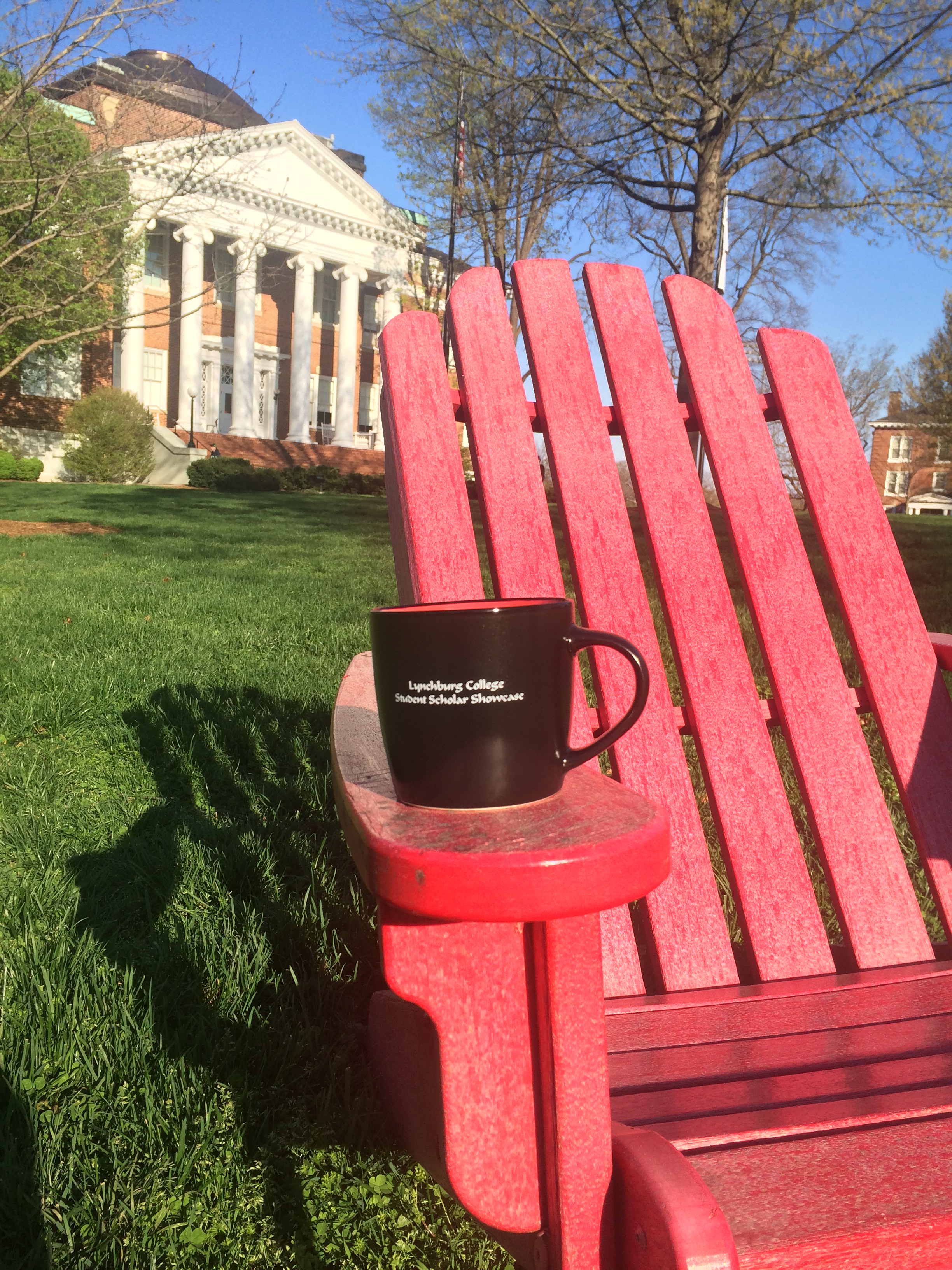
Access Type
Open Access
Entry Number
119
Start Date
4-5-2017 9:30 AM
End Date
4-5-2017 9:45 AM
Department
Psychology
Abstract
White privilege is something that most people do not often think about or realize exists. The purpose of this study is to examine the effects of White privilege awareness (WPA) and perceived efficacy on attitudes toward African Americans. Participants will either be primed with a heightened WPA passage or a race irrelevant control passage and they will also be informed of the probability that their efforts might yield (high vs. low efficacy) before answering a series of questions. I expect to see that the participants in the heightened White privilege awareness condition will have less social distance and that this effect will be larger for the high efficacy group. These anticipated results may imply that having awareness of White privilege and higher efficacy aids in reducing prejudice.
Faculty Mentor(s)
Dr. Ei Hlaing, Dr. Virginia Cylke
Rights Statement
The right to download or print any portion of this material is granted by the copyright owner only for personal or educational use. The author/creator retains all proprietary rights, including copyright ownership. Any editing, other reproduction or other use of this material by any means requires the express written permission of the copyright owner. Except as provided above, or for any other use that is allowed by fair use (Title 17, §107 U.S.C.), you may not reproduce, republish, post, transmit or distribute any material from this web site in any physical or digital form without the permission of the copyright owner of the material.
Included in
Effects of Awareness of White Privilege and Perceived Efficacy on White Americans’ Attitudes
White privilege is something that most people do not often think about or realize exists. The purpose of this study is to examine the effects of White privilege awareness (WPA) and perceived efficacy on attitudes toward African Americans. Participants will either be primed with a heightened WPA passage or a race irrelevant control passage and they will also be informed of the probability that their efforts might yield (high vs. low efficacy) before answering a series of questions. I expect to see that the participants in the heightened White privilege awareness condition will have less social distance and that this effect will be larger for the high efficacy group. These anticipated results may imply that having awareness of White privilege and higher efficacy aids in reducing prejudice.

